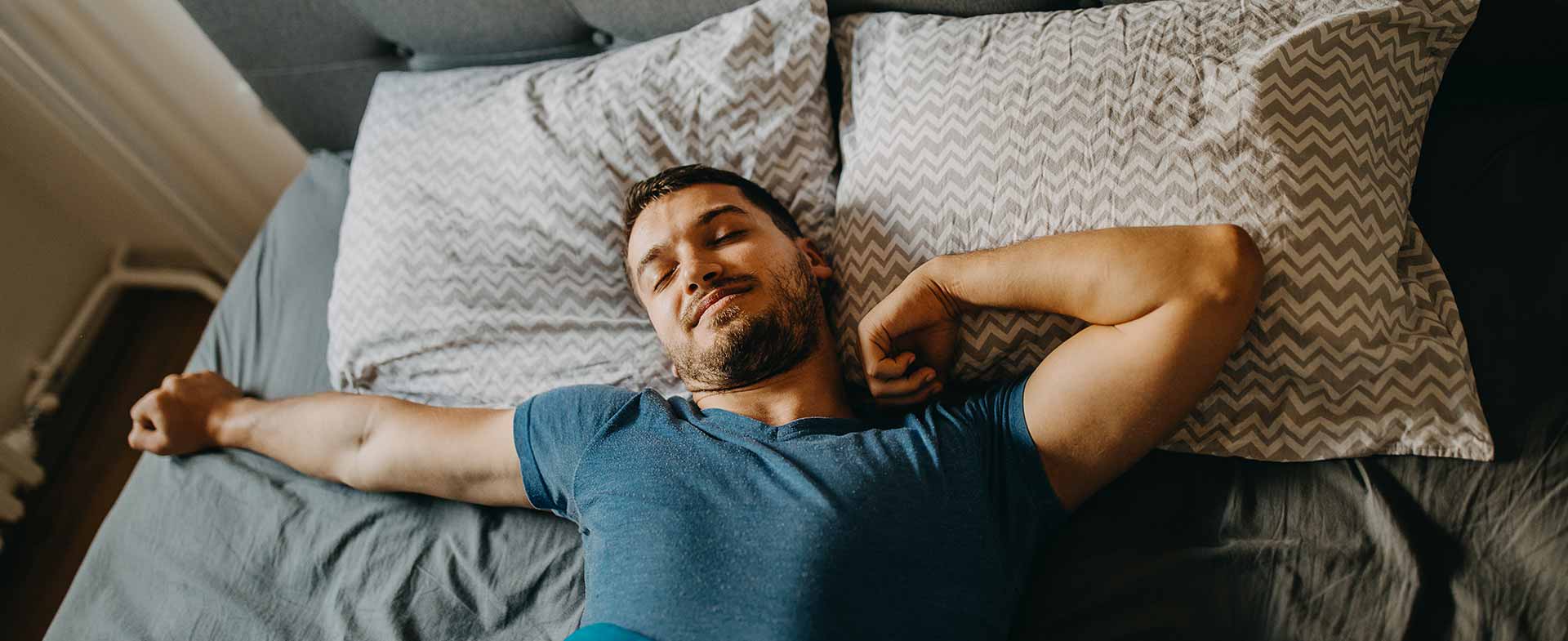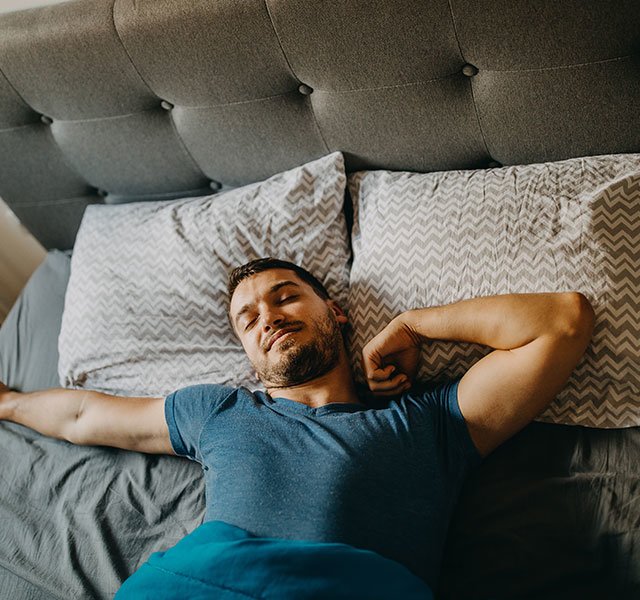With longer days, colder temperatures and little sun exposure, it's natural to crave more time in bed. You may feel tired, groggy and sluggish all day long.
"We have less exposure to sunlight during the winter months, and that affects our internal clock," says Luisa Bazan, M.D., a sleep medicine specialist at Henry Ford Health. So it makes sense that many of us want to hibernate through December, January and February.
Scientific Reasons For The Winter Slump
Several physiological factors converge to make people feel more wiped out during the winter. A few of the most common:
- Reduced sun exposure. The days get shorter during the winter months, especially in northern states, Dr. Bazan says. Unfortunately, reduced sun exposure can dramatically affect your circadian rhythm, causing your body to produce more melatonin (a.k.a., the sleep hormone). The end result: You feel tired more often.
- Less vitamin D. Sunlight is a key source of vitamin D. With just 10 minutes of sun exposure, most people can produce enough vitamin D for the day. But getting those 10 minutes is harder in winter. And because vitamin D is a hormone, it has a tremendous impact on mood, energy level and immune function. Concerned you may be deficient? Ask your doctor to test your levels.
- Mood disturbances. Many people struggle with sadness, depression and anxiety during the winter. There's actually a psychological disorder called seasonal affective disorder (SAD) to describe the experience. Add physical distancing, post-holiday blues, and sleep disturbances to the mix, and it's no wonder exhaustion sets in. "It's important to understand that if we have a sleep loss because of anxiety that we're living through, that can produce more depression and mood disorders," Dr. Bazan says.
Beat Back Winter Tiredness
Winter fatigue isn't inevitable. Here are five energy-boosting solutions that can help put a spring in your step even during the darkest months.
- Step into the light. Light triggers your brain to stop producing the sleep hormone melatonin. So exposing yourself to light as soon as you wake up in the morning helps motivate your internal clock. Open your blinds or curtains and get outdoors in the natural daylight as much and as early as possible.
- Use caffeine. Well-timed caffeine can help you feel more alert, awake and ready to take on the day. Need to perk up before a presentation? Get some caffeine about an hour before it begins.
- Time your exercise. Exercise can help combat winter fatigue, particularly if you take your workouts outside into the sunlight. "Exercising first thing in the morning can help wake up your body and regulate your circadian rhythm," Dr. Bazan says. Just make sure to exercise several hours before you hit the sack. Exercise too close to bedtime, and you may have trouble sleeping.
- Take a power nap. If you can sneak in a 20-minute nap between noon and 3 p.m., you're more likely to power through your day. "If you nap for longer than that, you can run into trouble," Dr. Bazan says. Snoozing too late in the day could make it more difficult to fall asleep at night.
- Get sufficient sleep. Getting enough shut-eye is critical for staving off daytime fatigue. Aim for between seven and nine hours of sleep and try to go to bed and wake up at the same time every day, even on weekends. To maximize your snooze time, make sure to practice good sleep hygiene : Keep your room dark, cool and quiet, and turn off devices at least an hour before you want to sleep.
If you're getting sufficient sleep and exposing yourself to sunlight during the day but still feel like you don't have enough energy, talk to your healthcare provider. While it's normal to slow down during the winter months, certain medical conditions can be a cause for your exhaustion.
"Wintertime fatigue could be a sign of seasonal affective disorder or vitamin D deficiency," Dr. Bazan says. "Or it could be a symptom of a chronic health condition, such as hypertension, weight gain, sleep apnea and restless leg syndrome."
To find a doctor or sleep specialist at Henry Ford, visit henryford.com or call 1-800-HENRYFORD (436-7936).
Dr. Luisa Bazan is a sleep medicine specialist who sees patients at Henry Ford Medical Center - New Center One in Detroit.



